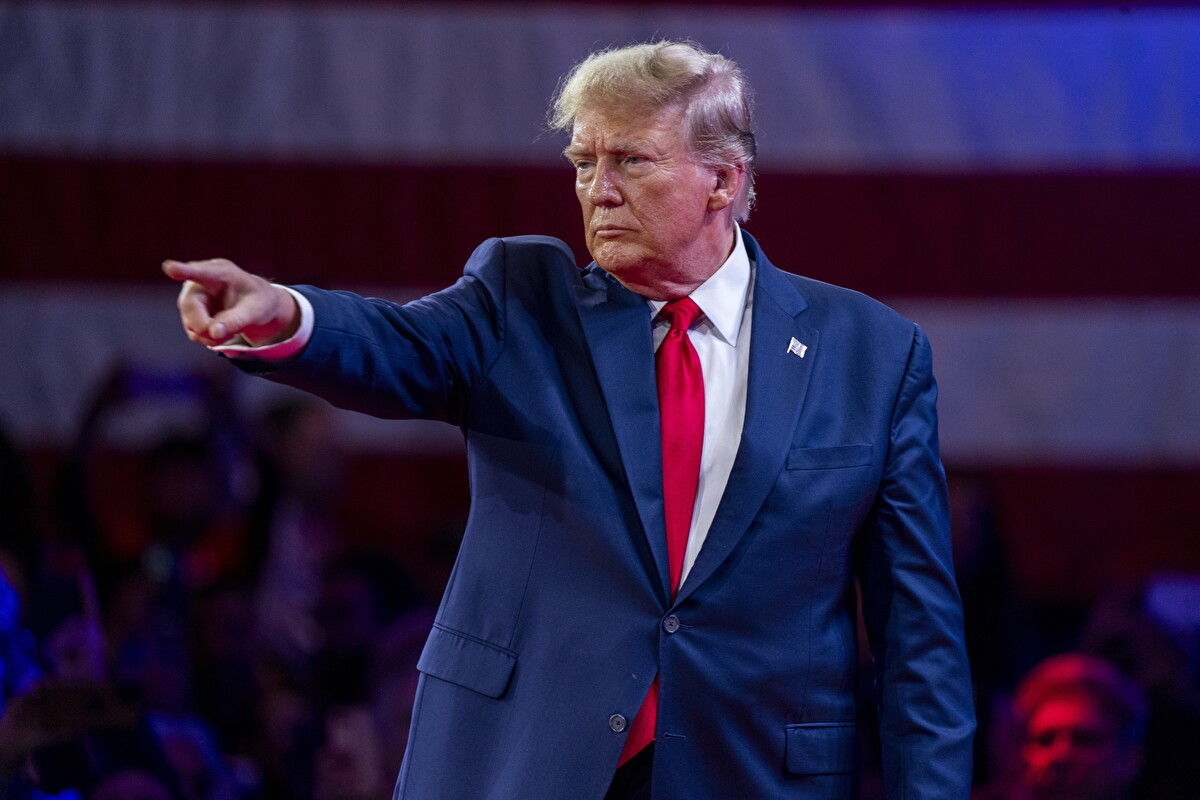We often hear about the Italian-American market. However, how much is it really worth?
According to the latest report available from the OEC (Observatory of Economic Complexity), which refers to the year 2019, Italy is not among the top five countries to which the United States of America export and from which it imports, and vice versa.
The figures say that the total exports of US countries to the Italian peninsula are just over 1.31% (for an amount of approximately 19.7 B dollars); on the contrary, imports from Italy are nearly 2.18% (for a total amount of about 51.8 B dollars).
In percentage terms, these figures represent more than twice in the perspective of the principle of business economics “give-and-take”.
According to what has just been reported, the ratio in terms of trade balance between the two countries, which have always been in very good and constructive relationships, is of powerful synergy. However, it only two net discrepancies affecting the apparent percentage disproportion between imports and exports should be taken into account: the population (about 300 million against about 60 million) and the degree of economic complexity (indexes at 1.63 against 1.40; in other words, it means that in the overall ranking their respective positions are 10/57 and 17/57).
In addition to this, the situation is clearly indicated within the OECD framework, evaluated according to the better life index: the average per capita income is equal to USD 45,284 per year (significantly higher than the OECD average of USD 33,604, which is the highest figure in the OECD area per year); on the other hand, the Italian average per capita income is equal to USD 26,588 per year (lower than the OECD average of USD 33,604 per year).
Essentially, both countries, the world’s most advanced ones, clearly need each other in view of their different production capacities, types of production and global placement given the diversity of their systemic development: a good portion of the commercial reality, interdependence, and, above all, geopolitical farsightedness is affected.
Within this framework a consideration is required: to what extent US investments, in the light of political changes, can preserve a certain solidity with respect to Italian dynamics in the European dimension (bearing in mind the rules, the internal market, system debt, etc.).
First of all, the real estate investment market.
This market, which in the total of the Italian-US relationship is a good 17.9% of the sum of requests from abroad to Italy (credit Sole 24 Ore 2019 pre-coronavirus).
Giandomenico De Tullio, managing partner at De Tullio Law Firm (as reported by the New York Times in 2018) and an expert in the sector for generations, expresses his professional opinion:
“The administration of the new US President Biden aims at revamping transatlantic relations, and Italy, may be a key-player in this process. As Biden stated during the most recent Council meeting of the 27 EU Heads of State, his objective is to revitalize the relationship between the United States of America and the European Union because strong European Union is in the interest of the United States of America. At the heart of the bilateral relationship, first of all, there is the indissoluble sharing of democratic values and dialogue that could lay the foundations for a geo-economic free trade agreement, correcting the errors which had led to the end of the TTIP (Transatlantic Trade and Investment Partnership).
As part of my professional experience, as a lawyer specializing in the real estate industry, I see a strong interest from American investors in the Italian real estate market. Said interest was not affected by negative influences even during the hardest phases of the pandemic. For instance, months-long lockdown has led many people to revise their housing conditions: they fled big cities for more natural and less anthropic towns.
Travel restrictions for American investors have led to new phenomena in the real estate market: many transactions have taken place remotely, thus amplifying the role of large websites. Consequently, their related deeds of sale were signed by means of power of attorney in the related countries. Fortunately, the framework has now changed and, according to qualified sources in the European Commission, vaccinated Americans will be able to travel freely in the European Union this summer. Therefore, Italy, with its prestigious landscape and cultural heritage, has proved to be particularly appealing, also considering the interesting tax measures addressed to foreign investors.
I am confident that the end of this pandemic will further strengthen the solid relationship based on friendship and collaboration that have historically united the American and Italian peoples”.












